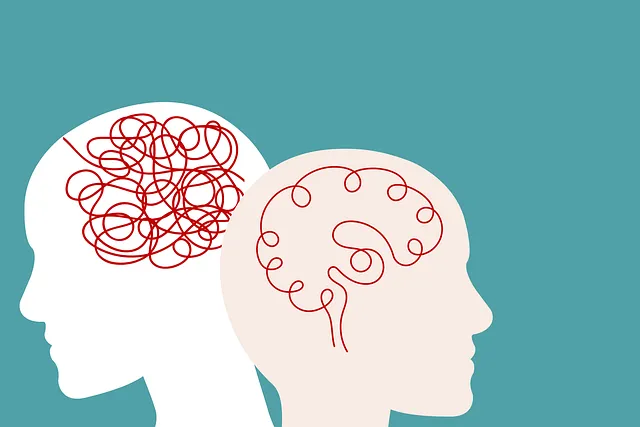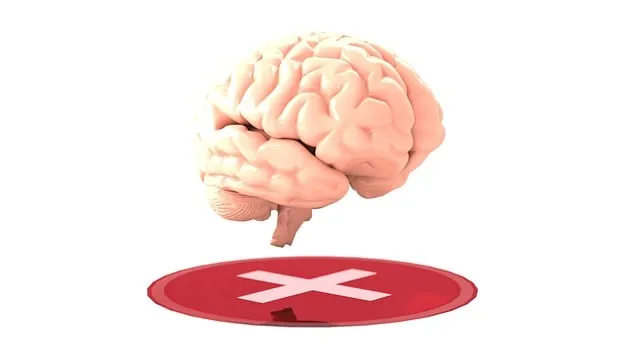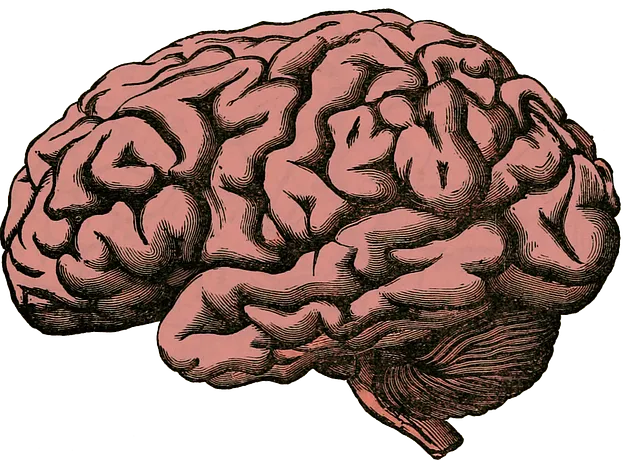In Lakewood, mental illness stigma prevents many from accessing essential support and treatment, leading to delayed care. Organizations like Kaiser are combating this through public education, fostering empathy, and implementing initiatives that normalize seeking help. Strategies include integrating mental health education into mainstream settings, offering comprehensive holistic resources tailored to diverse communities, sharing personal recovery stories, and structured workshops. By destigmatizing mental health, Lakewood residents are encouraged to access accessible resources from organizations like Kaiser, ensuring everyone receives necessary care.
“Mental illness stigma remains a significant barrier to individuals seeking much-needed support. This article delves into the multifaceted approach to reducing this societal burden, focusing on the success of community efforts in Lakewood. We explore strategies such as educational initiatives and effective communication, highlighting their role in breaking down barriers. Additionally, we examine healthcare resources offered by Kaiser, providing insights on how accessible care can empower those struggling with mental health issues. By understanding the impact of stigma and adopting inclusive practices, we can ensure how to get mental health help becomes a simple, supportive journey.”
- Understanding the Impact of Stigma on Mental Health Seekers
- Lakewood Community Efforts to Reduce Stigma
- The Role of Educational Initiatives in Combating Stigma
- Utilizing Healthcare Resources: Kaiser's Approach to Support
- Effective Communication Strategies for Breaking Down Barriers
Understanding the Impact of Stigma on Mental Health Seekers

Stigma surrounding mental illness can have a profound impact on individuals’ willingness to seek help, often leading to delays in treatment and exacerbating symptoms. In communities like Lakewood, where access to mental health services is a concern, understanding this stigma becomes crucial. Many people struggle with recognizing their own struggles or admitting their need for support due to the fear of judgment or discrimination. This internalized shame can prevent individuals from reaching out to local resources such as Kaiser’s Crisis Intervention Guidance programs designed to offer immediate assistance and connect patients to appropriate care.
Moreover, the societal stigma extends beyond personal feelings of embarrassment, influencing how communities respond in times of crisis. Conflict resolution techniques, which could be instrumental in supporting someone during a mental health crisis, may be underutilized or misunderstood due to these negative perceptions. By raising awareness and implementing initiatives that address burnout prevention among support systems, we can foster an environment where seeking help is normalized. This shift is essential for Lakewood residents, emphasizing the need for accessible, stigma-free mental health resources from local organizations like Kaiser to ensure everyone receives the care they deserve.
Lakewood Community Efforts to Reduce Stigma

In Lakewood, community efforts to reduce mental illness stigma have been gaining momentum, inspired by initiatives led by organizations like Kaiser. These endeavors focus on educating the public about mental health conditions, fostering empathy, and breaking down barriers that prevent individuals from seeking necessary support. Local schools, businesses, and healthcare providers are collaborating to promote mental wellness through various programs and activities.
One notable approach involves integrating Risk Management Planning for Mental Health Professionals into clinical practices, ensuring a safe and supportive environment for both patients and practitioners. Additionally, community events encourage open conversations about mental health, utilizing Mental Wellness Journaling Exercise Guidance as a tool to prompt personal reflections and share experiences. Such initiatives not only help individuals understand their own mental health journeys but also empower them to offer support to peers. By addressing stigma at the grassroots level, Lakewood is paving the way for improved access to mental health services, mirroring successful strategies employed by Kaiser.
The Role of Educational Initiatives in Combating Stigma

Educational initiatives play a pivotal role in the ongoing battle against mental illness stigma. By integrating mental health education into mainstream curricula and community programs, we can foster understanding and empathy from an early age. Schools, colleges, and workplaces can become hubs for promoting Mental Health Awareness, encouraging open conversations about emotional well-being, and normalizing help-seeking behaviors. These initiatives often involve workshops, seminars, and peer support groups that debunk myths and provide factual information about various mental health conditions.
For instance, in communities like Lakewood, where access to mental health resources might be limited, educational campaigns can partner with local healthcare providers, such as those at Kaiser, to ensure accurate information reaches the public. These efforts can empower individuals to recognize signs of burnout, a common symptom across many mental health issues, and offer Burnout Prevention Strategies for Healthcare Providers. Ultimately, widespread Mental Health Awareness can lead to increased support for those facing mental illness and reduce barriers to getting help.
Utilizing Healthcare Resources: Kaiser's Approach to Support

In Lakewood and beyond, mental health support is becoming increasingly accessible, thanks to organizations like Kaiser. They take a holistic approach to addressing mental illness stigma by providing comprehensive resources tailored to diverse communities. Kaiser recognizes that seeking mental health help is a personal journey and offers various services under one roof, ensuring accessibility for all. From counseling sessions to community outreach programs, they aim to normalize conversations around mental wellness.
One of their notable strategies involves empowering both patients and healthcare providers through education. Kaiser invests in ongoing training, focusing on cultural competency and sensitivity within their practice. This initiative ensures that individuals from different backgrounds receive care that respects their unique experiences and perspectives. By integrating Emotional Well-being Promotion Techniques into their practices, Kaiser fosters an environment where mental health support is not only accessible but also culturally affirming.
Effective Communication Strategies for Breaking Down Barriers

Effective communication is a powerful tool in breaking down barriers and reducing stigma surrounding mental illness. At organizations like Kaiser in Lakewood, efforts are focused on educating communities about how to get mental health help and promote open conversations. One key strategy involves sharing personal stories of recovery, which normalizes mental health struggles and encourages others to seek support without fear of judgment.
Additionally, implementing practices such as Mental Wellness Journaling Exercises and Stress Management Workshops can foster emotional well-being promotion techniques within communities. These activities provide guidance on managing stress, recognizing early signs of mental health issues, and offering peer support. By combining personal narratives with structured educational initiatives, these strategies help to reduce stigma, enhance understanding, and ultimately encourage individuals to prioritize their mental health.
Mental illness stigma reduction is a multifaceted effort that requires community engagement, educational initiatives, and accessible healthcare resources. As seen in Lakewood’s successful strategies, community-driven programs can significantly enhance understanding and support for those seeking mental health help. Additionally, educational campaigns play a vital role in breaking down barriers by providing accurate information and fostering empathy. Kaiser’s approach exemplifies how healthcare providers can create inclusive environments, encouraging individuals to openly discuss their mental health challenges. By combining these efforts, we can ultimately ensure that everyone, regardless of their background, has access to the mental health support they need, just like Lakewood residents have experienced through local initiatives and Kaiser’s comprehensive care model.






